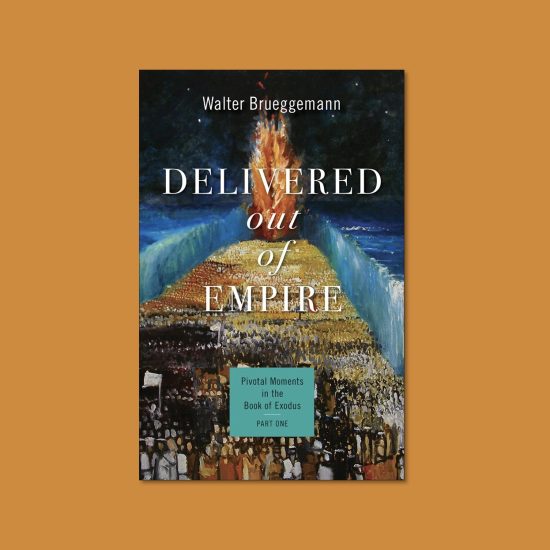
When was the last time you experienced hardship in life? I imagine that we all can think of something that was uncomfortable or unfortunate that occurred in our lives recently, but when was the last time you experienced a life circumstance that you just didn’t know how to get out of? Although hardships can be uncomfortable and frustrating, they can be a good thing. Through them, we are reminded of God’s ability to see after us in ways we couldn’t imagine.

Image by Sasin Tipchai from Pixabay
We don’t know the exact circumstances the author David experienced that led to the writing of Psalm 31, but we do know that life wasn’t good for him. It had gotten so bad for him that all he could do was cry out to God for help. But as we read this psalm, David doesn’t simply cry and complain and give up hope. Instead, he focuses not just on what’s going wrong, but also on the One who can turn things around for him. The writer claims trust in God and God’s tendency to smile upon God’s servants.
David was well-versed with God’s protecting hand. From his triumphant battle over Goliath to escaping Saul’s many attempts to take his life to the many wars that he fought against multiple enemies, David knew firsthand how God could protect him against forces and people that were bigger and stronger than him. He knew the difference that led to his victory in these types of situations was that God was on his side.
Despite the drama that surrounded David’s life, including a public revolt by one of his sons, David lived a long life, ruled over a kingdom, and ultimately was called a man after God’s own heart. Although David earned many accolades for his leadership of God’s people, accumulated many possessions, and essentially could experience anything that would make his heart content, they were all fleeting. When David died, that was it. His possessions were turned over to someone else. His kingdom was given to someone else. And although he holds a tremendous place in the history of the Jewish people, his legacy is finite.
As much as many of us appreciate David, he isn’t the ultimate example of understanding tribulation to be a potentially positive experience. Jesus is the example that we are to follow because Christ’s story ends in a much better way than David’s. Not that being crucified or being buried in a borrowed tomb for three days are things to be envied. Jesus’s story shares a similar plot point with David. Tribulation wasn’t his ultimate end because we believe that on the third day he rose again by God’s hand with all power and authority. He rose as the symbol of humankind’s salvation.
This wasn’t an easy process for Jesus. We know that at times he felt alone, was tired and weak, and sometimes the gravity of the situation got to him. I imagine that at times he felt broken and the walls were closing in on him. But none of that caused him to stop. Instead, he trusted God to bring him through in the end. In the end, God did bring him through. Jesus was vindicated and shown to be the Son of God and the Savior of the world.
May his example of faithfulness in the face of trouble be the example we follow regularly. Amen.






